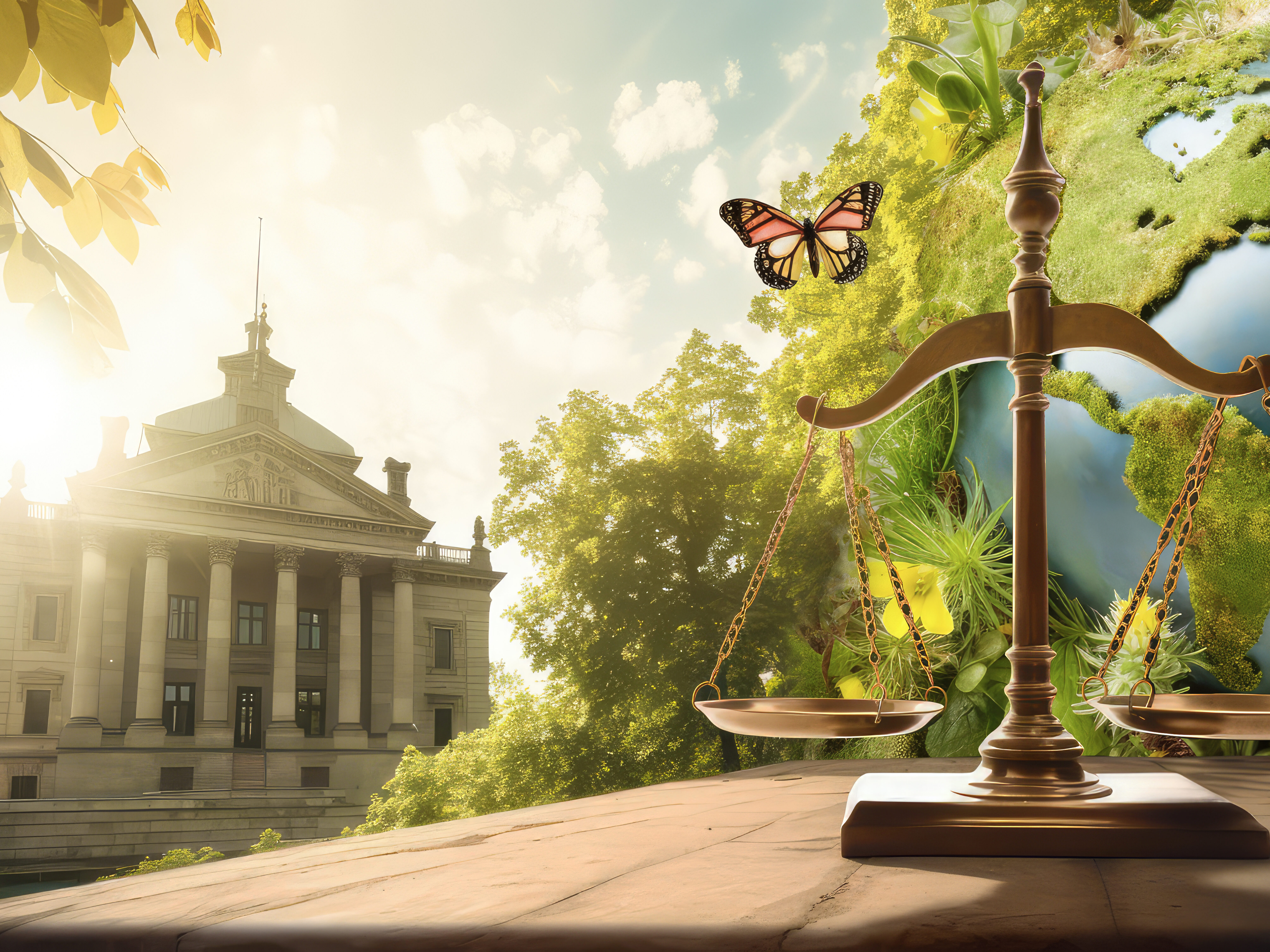In an era where environmental concerns have taken center stage, our governing powers have implemented a myriad of laws to safeguard the planet’s well-being. These regulations cover a range of issues, from hazardous waste disposal to air pollutants. The common goal is preserving the Earth for future generations and keeping our world clean.
Properly Managing Our Waste
One crucial aspect of maintaining a clean world revolves around waste management. Dumping hazardous materials poses a significant threat to the environment and public health. To combat this, various laws, including 1984’s Hazardous and Solid Waste Amendments to the Resource Conservation and Recovery Act, have been enacted governing the disposal of hazardous waste. These laws often dictate specific procedures and locations for the safe disposal of materials deemed harmful to the environment or human health. Violations of such laws can result in hefty fines and legal consequences for businesses and individuals.
Keeping Our Air Clean
Air pollution—another critical area of environmental legislation—contributes to climate change, respiratory diseases and overall environmental degradation. And it has only increased over time. According to research from the Environmental Protection Agency (EPA), global carbon emissions from fossil fuels have increased by about 90% since 1970. Fortunately, legislative initiatives, like the Clean Air Act of 1970, have been set in place to limit the emission of such harmful pollutants, including greenhouse gases, mold, radiation, etc.
Keeping Our Waters Clean
Protecting our oceans from pollution is a global priority. Numerous laws are in place to prevent activities that harm marine life and ecosystems. For instance, the International Convention for the Prevention of Pollution from Ships (MARPOL) treaty sets standards to prevent pollution of the ocean from ships that can emit oil, chemicals and other harmful substances. Additionally, laws regulating the disposal of plastics and other non-biodegradable materials aim to mitigate the growing issue of marine debris.
Limiting Our Waste
Waste reduction and recycling laws play a crucial role in the global effort to keep our world clean. Governments worldwide are implementing measures to encourage the recycling of materials such as paper, plastic, glass and electronic waste.
Some jurisdictions have even introduced laws mandating recycling programs for businesses and residents. These initiatives aim to minimize the environmental impact of waste and promote the sustainable use of resources.
Ensuring Environmental Justice
In recent years, environmental justice has gained prominence. This emphasizes the fair treatment of all people, regardless of race or income, concerning environmental laws and policies. At its core, environmental justice is based on the principle that all people have a right to be protected from environmental pollution and to live in and enjoy a clean and healthful environment. This includes ensuring that communities are not disproportionately burdened by pollution and environmental hazards. Governments are increasingly recognizing the importance of equitable distribution of environmental benefits and burdens in the development and enforcement of laws. This began In 1994, when President William Clinton issued Executive Order 12898, “Federal Actions to Address Environmental Justice in Minority Populations and Low-Income Populations.” It directed federal agencies to address environmental injustices in their operations and in communities across the country.
Doing Our Part
While these regulations serve as critical tools for maintaining a clean world, their effectiveness relies on public awareness and participation. Educating individuals and businesses about the importance of adhering to these regulations fosters a collective responsibility for environmental stewardship. It is essential for us to always do our part and limit our environmental footprint. This will allow us to keep our Earth clean for the generations that will follow us.
Related articles
What is Green Juice? Separating Fact from Fiction
Are Air Fresheners Toxic? Unveiling the Risks
Discover the Benefits of Citrus
Breathe Clean with These Air-Purifying Houseplants

